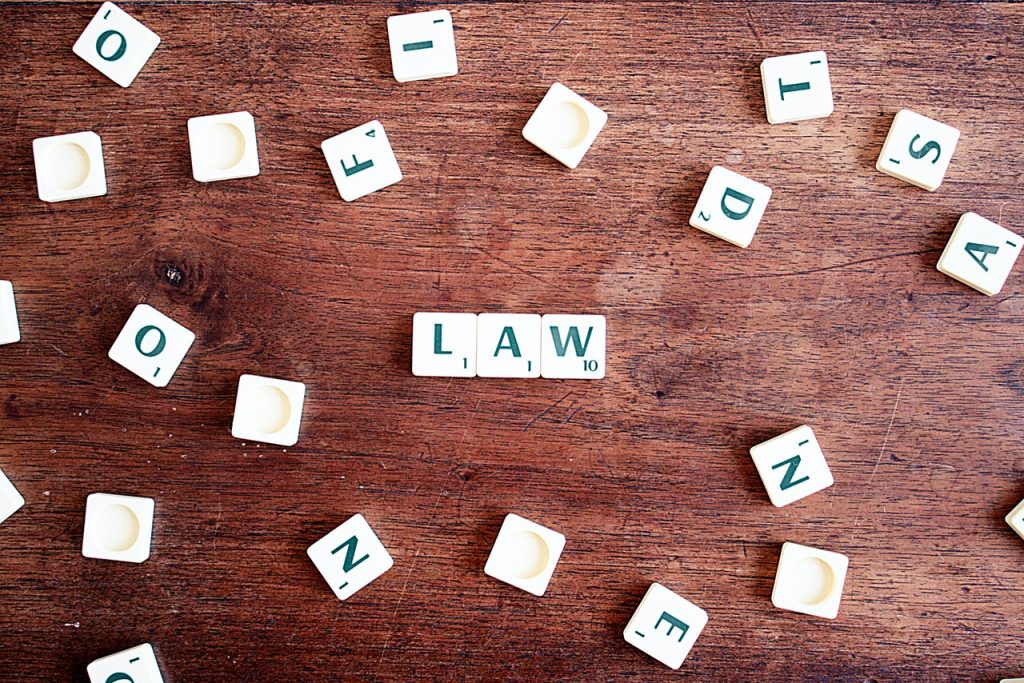
How is the use of pesticides regulated under the law?
The use of pesticides in agriculture and horticulture is fully regulated: they must be approved before they can be used. It is necessary to differentiate between the approval of a new active ingredient and that of a new preparation consisting of a combination of different additional substances and the actual active ingredient.
For the approval of a new active ingredient, the manufacturer must apply comprehensive evaluation documents which are examined by both the national authorities and the European Food Safety Authority. At the end of the day, the European Commission shall determine whether or not to include the active ingredient in the positive list of approved active ingredients. This consent is also true in the EU. Commercial pesticides (consisting of active ingredients, carriers and other substances) are permitted separately in each EU region.
How is the maximum residue level regulated?
Full residue amounts are controlled equally throughout the EU. The precise application and culture and maximum amount for each pesticide mixture in the preparation are defined for each active ingredient. Under a statutory regulation, i.e. without a set limit substance, each pesticide active ingredient may exceed a maximum of 0.01 mg/kg in all foods.
However, there are currently no limits on the number and overall amount of pesticides that can be found in a food. Legal requirements for these various residues must be developed as a matter of urgency. In individual cases, 30 separate pesticides and many more have been detected in one food. This is permitted if each individual stays below the full value. The number of the different compounds has not yet been taken into account in the calculation.
In contrast, only 0.0001 mg / l based on one substance or 0.0005 mg / l residues in total may occur in drinking water.
Stricter maximum levels apply to food for babies and toddlers; these are regulated in the Diet Ordinance.
Synthetic chemical pesticides are prohibited in organic farming, but pesticides such as ‘natural pest control’ that use natural pesticides that are not toxic to the atmosphere are not prohibited; the approved chemicals are published in the list of the Federal Office for Consumer Protection and Food Safety.
What is controlled? And what happens if maximum levels are exceeded?
The monitoring of pesticide residues in food is regulated in the Food and Feed Code (LFGB) . The authorities of the federal states check food and feed for pesticide residues on a random basis as part of food monitoring. The frequency of controls and examinations always depends on how heavily the food is usually sprayed or how often problematic residues occur.
There is also an annual monitoring system that selects and examines individual product groups in a targeted manner. The Federal Office for Consumer Protection and Food Safety brings together the data from the federal states and feeds them into the n monitoring system.




 Both cutting-edge and well-tried technologies such as push notifications, location-based services, and advertisements within apps offer highly interesting options for targeted advertising to specific target groups in the field of enterprise mobility.
Both cutting-edge and well-tried technologies such as push notifications, location-based services, and advertisements within apps offer highly interesting options for targeted advertising to specific target groups in the field of enterprise mobility.